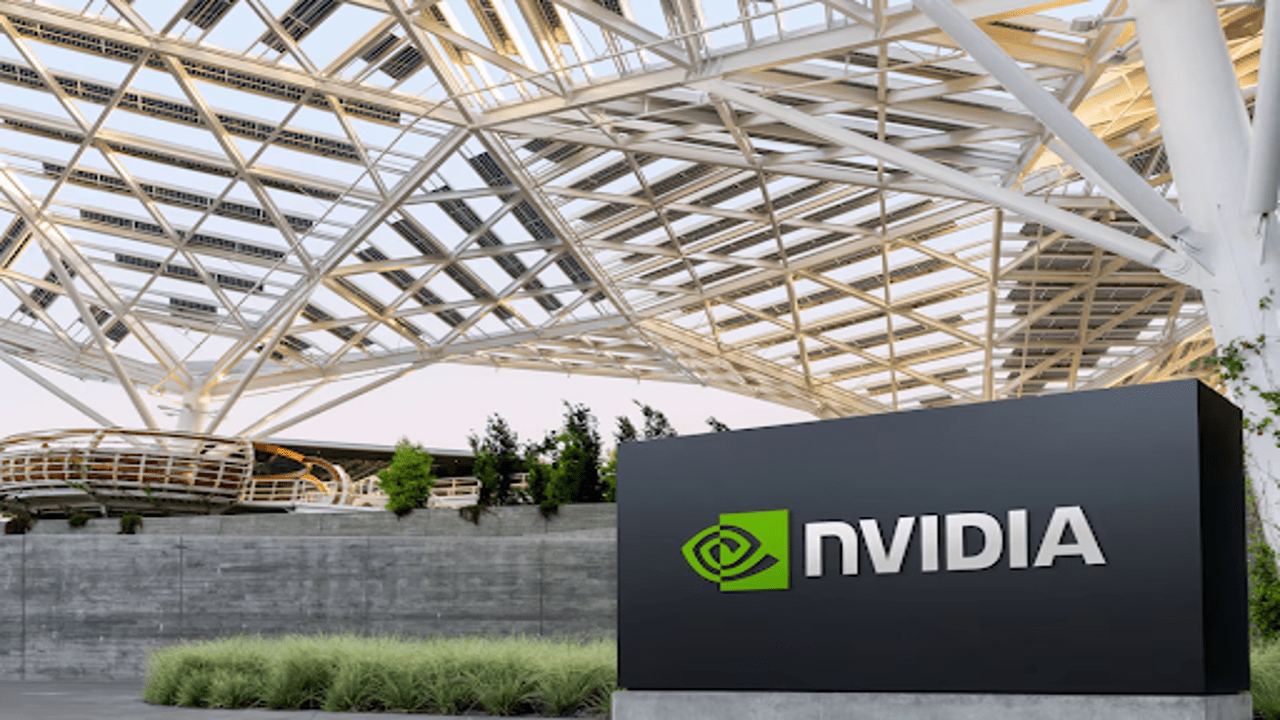
Image courtesy: Reuters
Nvidia's Blackwell AI chips, which have been eagerly awaited by customers, are now facing unexpected setbacks. These chips, designed to be much faster and more powerful than previous models, have encountered overheating issues when installed in servers, causing concerns among customers who were relying on them to support their data centers.
The problem arises when multiple Blackwell chips are connected together in server racks designed to hold up to 72 chips. When the chips are stacked together in these racks, they overheat, creating a significant problem for companies that need these advanced processors to operate at full capacity. Sources familiar with the issue have revealed that Nvidia has been working with its suppliers to redesign the racks several times in an attempt to resolve the overheating problem.
Nvidia has yet to publicly name the suppliers involved in these efforts, but company insiders, as well as suppliers and customers familiar with the situation, have confirmed that the issue has been ongoing. Despite these setbacks, Nvidia remains optimistic, with a company spokesperson stating that the situation is part of the normal engineering process and that the company is working closely with top cloud service providers to solve the problem.
"We are working with leading cloud service providers as an integral part of our engineering team and process. The engineering iterations are normal and expected," a representative from Nvidia explained. This statement suggests that the company is committed to resolving the issue, but it also highlights the complexity of developing and fine-tuning such advanced technology.
The Blackwell chips were originally set to ship in the second quarter of the year. However, due to these delays, the release timeline has been pushed back, which may affect major customers like Meta Platforms, Alphabet (Google), and Microsoft. These companies were planning to use the chips in their data centers, where they would accelerate tasks such as providing responses from chatbots and handling large amounts of data at incredibly high speeds.
Nvidia’s Blackwell chip is a significant advancement over its predecessor. It combines two squares of silicon, each the size of previous chips, into a single component. This new design makes the Blackwell chip 30 times faster than earlier models, especially in tasks that require rapid data processing. For businesses like Meta, Google, and Microsoft, having these chips in place is critical to maintaining their data center operations and meeting the growing demand for AI-driven services.
Despite the overheating issue, Nvidia's team is working hard to get things back on track. The company’s approach, which includes redesigning the racks and collaborating closely with suppliers and customers, shows a proactive stance toward overcoming the challenges. However, the delay in production and the technical hurdles have left some customers worried about meeting their deadlines for setting up new data centers.
This delay underscores the challenges that even the most advanced tech companies face when pushing the boundaries of innovation. As Nvidia continues to address the overheating problem, customers are eagerly awaiting a resolution that will allow them to harness the power of Blackwell chips in their data centers.















